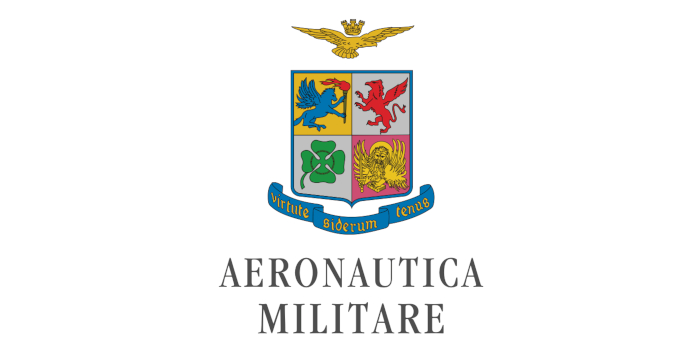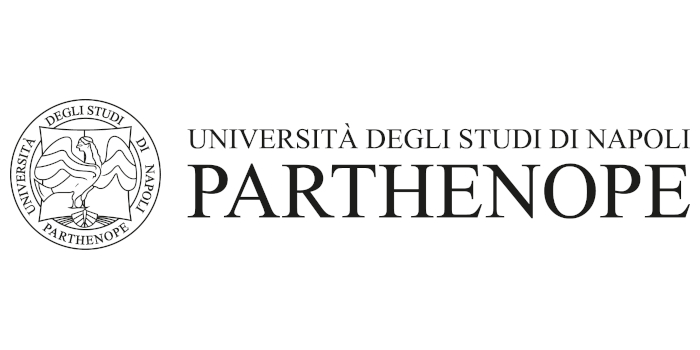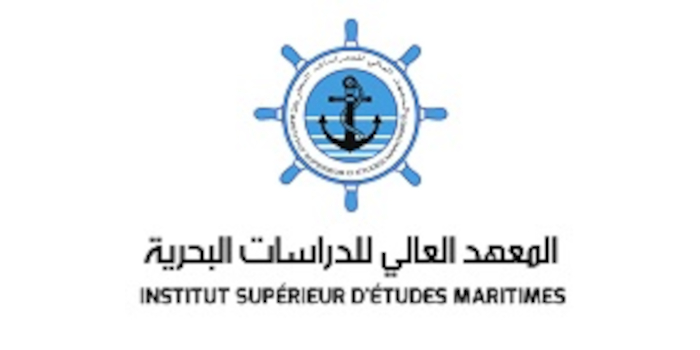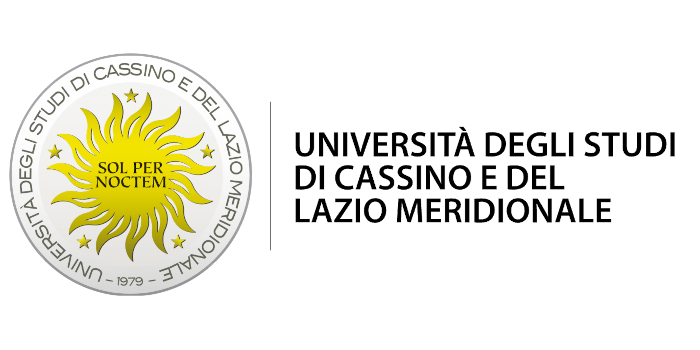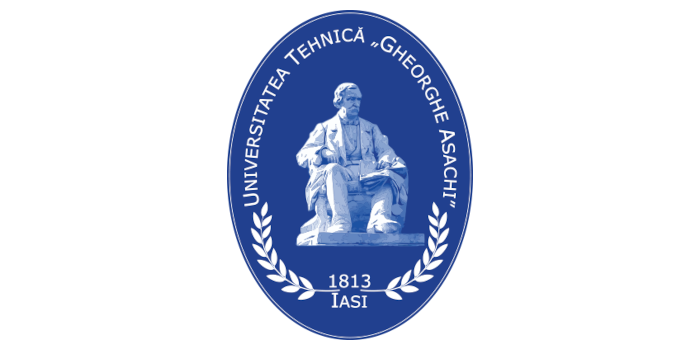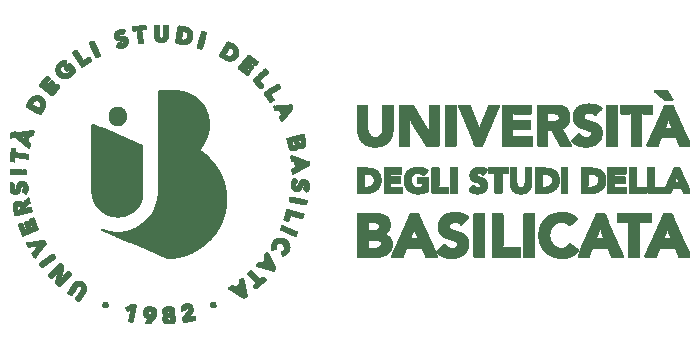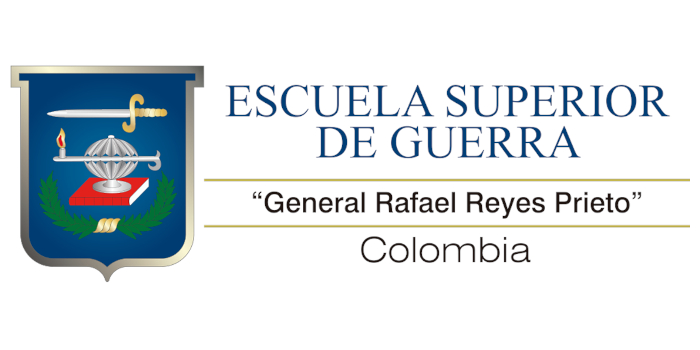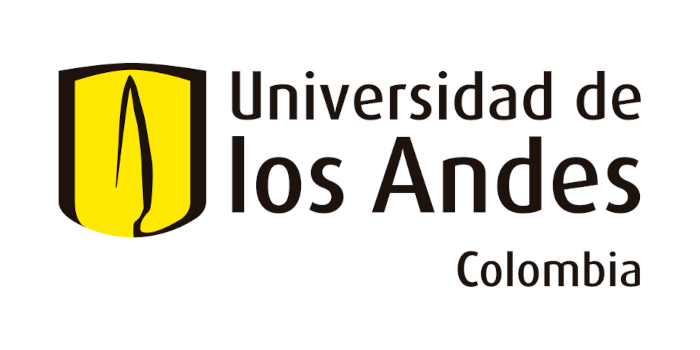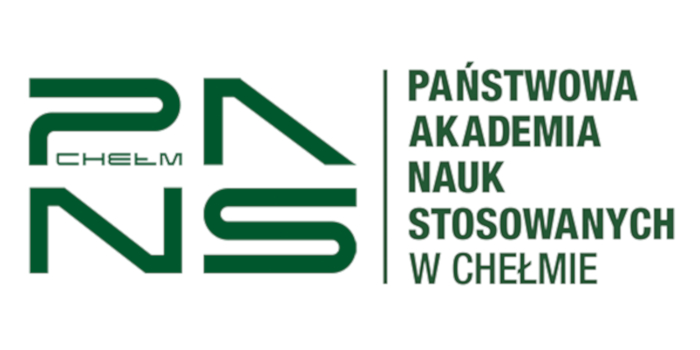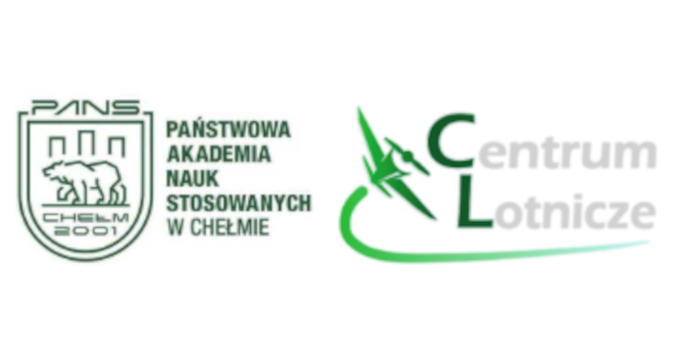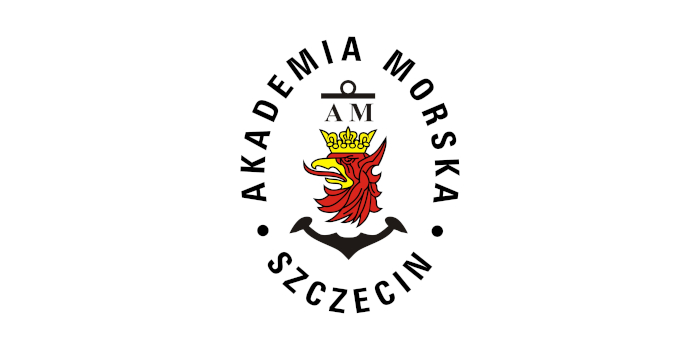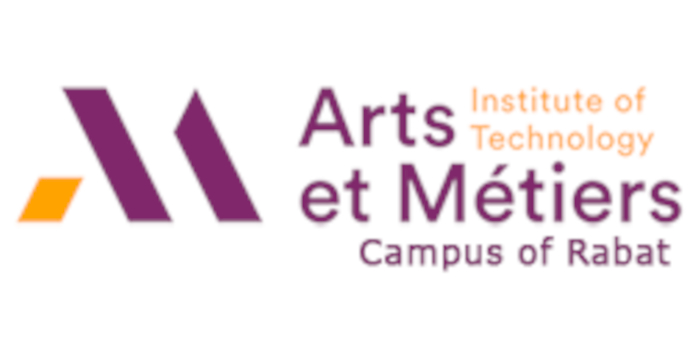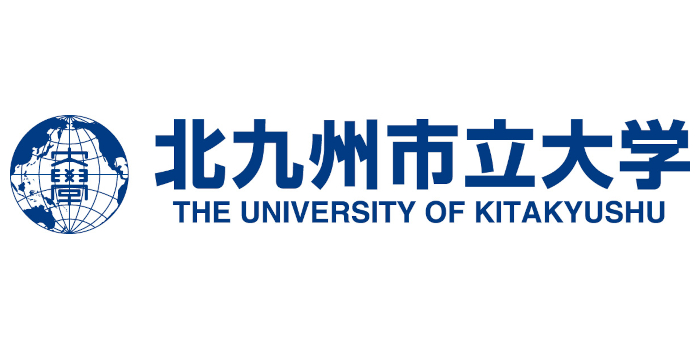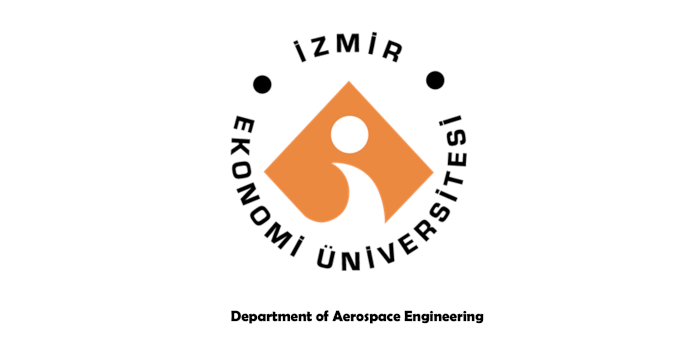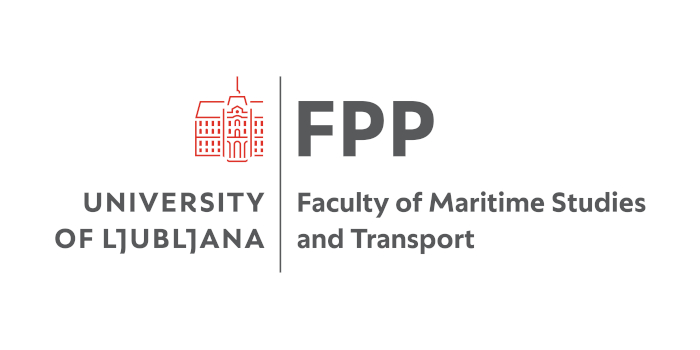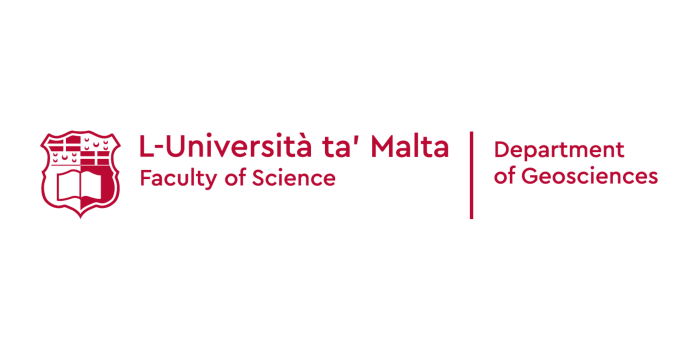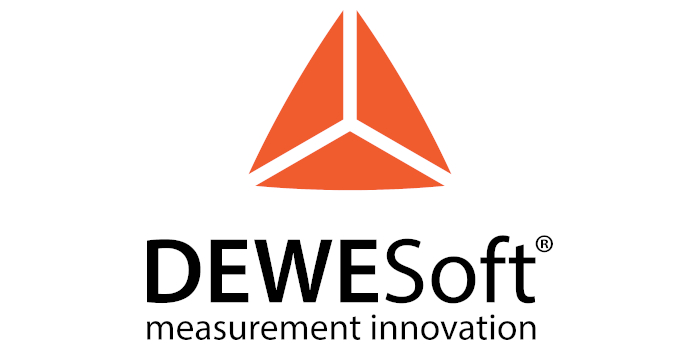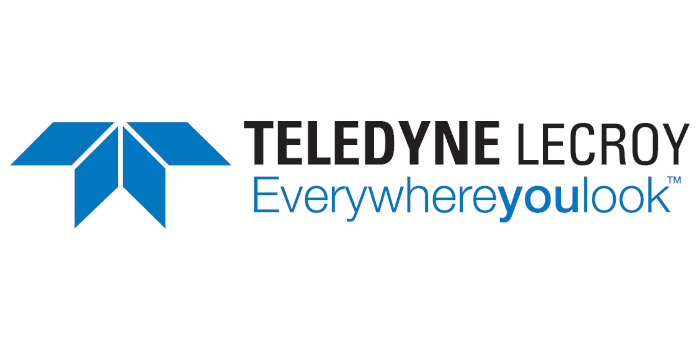SPECIAL SESSION #18
Ethics, Law & Politics Of Technologies For Defense And Security
ORGANIZED BY
Ilaria Amelia Caggiano
University of Naples Suor Orsola Benincasa, Italy
Valentina Casola
University of Napoli Federico II, Italy
Stefano De Luca
University of Naples Suor Orsola Benincasa, Italy
Christian Esposito
University of Salerno, Italy
Pietro Ferraro
Director of Research at CNR Institute of Applied Sciences and Intelligent Systems
Lucilla Gatt
University of Naples Suor Orsola Benincasa, Italy
Luigi Izzo
University of Naples Suor Orsola Benincasa, Italy
Ranieri Razzante
University of Naples Suor Orsola Benincasa, Italy
Giovanni Sartor
University of Bologna & EUI, Florence
ABSTRACT
Information technology (IT) resources and systems are foundational assets of national defense and public security strategies and play a pivotal role in international conflicts. They support critical functions such as strategic communication, operational coordination, and real-time decision making.
Increasingly integrated with AI and robotics, these technologies can be used for training and threat monitoring, autonomous weapons, data analysis and prediction, surveillance, and even neuro-technologies capable of influencing the perception, decision-making, or behavior of military personnel and civilians. At the same time, their vulnerability requires measures to protect them against potential threats.
The integration of cyber and neuro-digital technologies into defense raises important ethical and legal challenges. These include handling cyberattacks in ways that avoid data breaches or disruption of critical functions; ensuring compliance with human rights and international humanitarian law; determining the accountability of both state and non-state actors; and safeguarding personal data in contexts of conflict or hybrid threats.
It is worth-asking how, in the field of defense and security, ethical considerations, legal guidance, and international instruments — including those promoted by organizations such as the UN and NATO — can be embedded, for example, in the design, development, and/or deployment of ICT technologies (especially AI, but not limited to it).
In the civil domain, governments and supranational bodies have adopted legal frameworks for the deployment of digital technologies, establishing principles such as security- and privacy-by-design and by-default, autonomy, prevention of harm, fairness, and explainability, trustworthy AI. These may also be relevant in the defense domain, with the necessary adaptations. Additional ethical principles are embedded in non-binding codes of conduct, professional standards, and guidelines adopted by both public and private entities. While defense and national security are excluded from the scope of the legal acts adopted (AI Act, GDPR and the NIS2 Directive), it is worth questioning whether and to what extent such principles can still provide useful guidance for the deployment of AI and other digital technologies in defense settings.
On another hand, cybersecurity of private systems — even those not directly part of military infrastructure — has become crucial to national defense. Many private entities manage critical infrastructures (such as energy, transportation, healthcare, and finance), and disruptions in these sectors can severely impact a state's ability to function, respond to crises, or defend itself.
Public institutions and the military increasingly depend on private suppliers for software, hardware, and cloud services, making supply chains a strategic vulnerability. Cyberattacks targeting these providers can introduce systemic risks or serve as entry points into sensitive government systems.
Private platforms also play a central role in the information space, enabling disinformation campaigns, psychological operations, and the manipulation of public opinion or political processes — all key components of modern hybrid warfare.
In this context, national security becomes a shared responsibility between the public and private sectors. Legal frameworks such as the EU’s NIS2 Directive reflect this shift, requiring private operators in essential sectors to meet higher cybersecurity standards and to collaborate with public authorities.
This session aims to bring together interdisciplinary perspectives on these issues, examining the strategic importance and vulnerabilities of IT and digital infrastructures, and exploring the legal and ethical frameworks that should guide their responsible use in a contested digital and cognitive environment.
By addressing the main legal, ethical, and political issues associated with recent scientific, technological, and operational advances in defense and security this session seeks to foster a forum for discussion on the operational pathways toward human-centered, and sustainable technological development, also in the light of humanitarian law.
TOPICS
Topics not limited to:
- Human-Centred and Sustainable Technological Development Ethical and legal frameworks for the design, development, and deployment of defense technologies - including AI - with attention to human rights and sustainability.
- Cybersecurity and Legal Standards Cybersecurity, technical standards, and the protection of critical infrastructures (e.g., energy grids, satellite systems).
- Surveillance and Remote Monitoring Legal and ethical challenges of surveillance systems for use in warfare and defense and monitoring of human subjects in military or civil contexts.
- Space-Based Defense Systems and Legal-Ethical Implications Legal, ethical, and geopolitical challenges concerning defense and surveillance from space.
- AI and Cognitive Influence Legal and ethical concerns related to AI systems designed to influence perception, decision-making, or behaviour in military or experimental contexts.
- Disinformation, Psychological Operations, and Influence Legal, ethical, and political implications of disinformation campaigns, psychological operations, and the manipulation of public opinion or political processes in hybrid warfare and digital conflicts.
- Autonomous and Dual-Use Systems Implications of using automated drone systems (land, sea, air) and other dual-use technologies in both military and civilian domains.
- Military R&D R&D of defense activities, security testing, manteinance services.
- Global Governance, Political Regulation, Humanitarian Law The role of international organizations (e.g., UN, NATO) and humanitarian law.
ABOUT THE ORGANIZERS
Ilaria Amelia Caggiano, prof. Ilaria Amelia Caggiano, Ph. D, graduated in Law at Federico II University of Naples in 2003 and Fulbright Visiting Scholar in 2011, is Full Professor of Private Law at the Suor Orsola Benincasa University of Naples (IT), where she teaches Private Law and New Technologies Law. Since 2021 she is Director of the Master in DPO and Privacy Law. She is Deputy Director of the ReCEPL Research Centre of European Private Law, specialized in technology, innovation and sustainability, and of the European Journal of Privacy Law and Technologies international legal review. She is author of three monographs and several publications in Data protection and data governance, protection of vulnerabilities, autonomous vehicles, biotechnologies, IA, sustainability. She is now pursuing her interests in regulation and governance of data economy, electronic health data, fundamental rights and sustainability impact assessment of Artificial Intelligence and technologies. She has served as an expert on digital transformation of the National Health Service at the Italian Ministry of Health.
Valentina Casola, is Full Professor at the University of Naples Federico II, Italy. She got a Ph.D. in Computer Engineering from the Second University of Naples in 2004. Her research activities are both theoretical and experimental and focus on security methodologies to design and evaluate distributed systems, including cyber physical infrastructures, cloud systems and web services. These activities are led in cooperation with academic institutions and industrial partners within international projects. She is vice-president of the CERICT scrl competence research center. She is an Associate Editor of the Journal of Cloud Computing and has been a guest editor for various special issues at international journals. Sha has served as Program Chair and Program Committee member in various Scientific Conferences. She has published more than 120 papers in journals, conference proceedings and books.
Stefano De Luca, prof. Stefano De Luca, who graduated cum laude in Philosophy at the University of Rome 'La Sapienza' in 1988 with a thesis on Norberto Bobbio's thought, is currently Full Professor of History of Political Thought at the University of Naples 'Suor Orsola Benincasa'. He is a member of the Board of Directors of the Giunta Storica Nazionale. He was Visiting Professor at the University of Strasbourg and is Scientific Advisor for the Italian-French University. He teaches in the PhD in Political Studies at Sapienza University of Rome and in the National PhD in Heritage Science. He is on the Editorial Board of the band A journals 'Storia del pensiero politico' and 'Rivista di Politica'. His main research interests are Liberalism (history and theory), Democracy (history and theory), Italian and French political thought of the 19th century, Digital Revolution and Politics. He is the author of 222 scientific publications. In recent years his research interests have focused on the relationship between the digital revolution and politics, in particular on the impact of Big Data/Artificial Intelligence on democratic processes and war. Since 2023 he has been Principal Investigator of the PRIN (Research Project of National Interest) For a Critical History of Artificial Intelligence.
Christian Esposito, prof. Christian Esposito has been an Associate Professor at the University of Salerno since December 2022. He was a Tenured Assistant Professor at the University of Salerno, an Assistant Professor at the University of Napoli “Federico II”, and a two-year Research Fellow and short-term Researcher at the Institute of High-Performance Computing and Networking (ICAR) of the Italian National Research Council (CNR) from 2011 to 2015. He graduated in Computer Engineering in 2006 and got his PhD in 2009 at the University of Naples “Federico II”, in Italy. He has published about 150 papers in international journals and conferences and has been a PC member or involved in organizing about 60 international conferences/workshops. He regularly serves as a reviewer in journals and conferences in distributed and dependable systems. He is a member of the editorial board of the International Journal of Computational Science and Engineering and the International Journal of High-Performance Computing and Networking, both by Inderscience. He is an Associate Editor of the IEEE Access and has been a guest editor for various special issues at international journals. His interests include positioning systems, reliable and secure communications, game theory, and multi-objective optimization. He is investigating ethical and legal issues in data management within healthcare digital services.
Pietro Ferraro, is Research Director at Institute of Applied Science and Intelligent Systems, National Council of Research (CNR-ISASI), Pozzuoli, Italy. He is now pursuing his interests in 3D imaging for applications in non destructive testing in aerospace, biomedical field, fiber sensors, nanofluidics, and optofluidics. He has published about 300 papers in peer-review journals and has been an invited speaker in several international conferences. He is a co-editor of two books: Micro / Nanoengineering and Characterization of Ferroelectric Crystals for Photonic Applications (New York, NY, USA: Springer-Verlag, 2008) and Coherent Light Microscopy (New York, NY, USA: Springer-Verlag, 2011). Dr. Ferraro is a Fellow of the International Society for Optics and Photonics (SPIE) and the Optical Society of America (OSA). He is the Topical Editor of Biomedical Optics Express, member of the Editorial Board of the Optics and Lasers in Engineering Journal, member of the Editorial Board of the Measurement & Science Technology Journal. He received the SPIE Dannis Gabor Awared in 2020. He is member of the Scientific Board of Italian Space Agency (Agenzia Spaziale Italiana) for the next four years.
Lucilla Gatt, is Full Professor of European Private Law, Comparative Law and New Technologies Law at Department of Law and Economics, Università degli Studi Suor Orsola Benincasa (UNISOB, Italy) and Director of the Research Centre in European Private Law. She directs the open access diamond journal “European Journal of Privacy Law and Technologies” (EJPLT – FASCIA A ANVUR) Her Main research and teaching areas of interest are European Private Law (contract and consumer law, trust law), New Technologies Law, Artificial Intelligence and Privacy Law, Digital Asset, Smart Mobility, Biotechnologies Law, Outer Space Law, Green Law, Animal Rights. She has been involved in Jean Monnet activities as holder of Jean Monnet Chair PROTECH (2019-2022) at Università degli Studi Suor Orsola Benincasa and Member of the Teaching and Research Staff of the Jean Monnet Eugreenext Chair (Holder: Prof. I.A. Caggiano). Actually she is Principal Investigator and member of different funded projects. She is an Expert in Open Science and Open Data for the Ministry of University and Research and an Expert in Artificial Intelligence of the National Forensic Council. She held hearings at the Coordination Committee for the Italian Strategy on the use of artificial intelligence, established by the Italian Government.
Luigi Izzo, since 2022 is a PhD student in Humanities and Technologies: an integrated research path (legal field), Suor Orsola Benincasa University. He is Assistant at the Chairs of Civil Law and New Technologies Law, Suor Orsola Benincasa University of Naples and Junior Researcher at the relevant ReCEPL (Research Centre of European Private Law). He is a member of the editorial board of the Fascia A European Journal of Privacy Law & Technologies - a scientific journal on European law, focusing on Privacy, with particular regard to the increasingly important relationship between law and innovation, humanities and technology. In these capacities, he has shown interest in various aspects of the relationship between law and new technologies, relating to civil, labour and tax law as well as aerospace. His doctoral research project focuses on the processing of data from Earth Observation satellites with reference to the risks for the protection of privacy and personal data of individuals.
Ranieri Razzante, Adjunct Professor of Cybersecurity Techniques and Regulations at the University of Suor Orsola Benincasa; Cybercrime and Homeland Security at the University of Perugia; Money Laundering Risk Management Techniques at the University of Bologna; and Criminology at Pegaso University. Also teaches at Law Enforcement and Military Education Institutes, and lectures on Anti-Money Laundering Legislation and Cybercrime at the European School of Economics. A Lawyer, Chartered Accountant, Statutory Auditor, and Registered Journalist, currently serves as Director of the Center for Security and Terrorism Research (CRST) and President of the Italian Association of Anti-Money Laundering Officers (AIRA). Member of the Expert Committee of the Italian Financial Intelligence Unit (UIF), and Chairman of the Supervisory Body (OdV) at Eni Insurance S.p.A. Consultant to the Parliamentary Anti-Mafia Commission. Former Member of the Artificial Intelligence Strategy Committee at the Presidency of the Council of Ministers, and Cybersecurity Advisor to the Undersecretary of State for Defence during the Draghi Government. Also participated in the Ministry of Economy’s Commission responsible for drafting Legislative Decree No. 231/2007 on anti-money laundering. Regular contributor to specialized media outlets and television commentator. Author of numerous books and publications on Economic Law, Anti-Money Laundering Legislation, and the Financing of Terrorism.
Giovanni Sartor, professor in Legal Informatics at the University of Bologna and Professor in Legal informatics and Legal Theory at the European University Institute of Florence. He holds an ERC-advanced grant for the project CompuLaw. He is co-director of Summer Schools on "Artificial Intelligence and Law" and on "Law and Logic", and holds courses at Bocconi (Milan), Catolica (Lisbon) and Surrey (London). He is past-president of the AI & law Association, co-editor-in-chief of the Artificial Intelligence and Law Journal, co-editor of the Ratio Juris Journal. He participates in the executive board of the Italian Society for the Ethics of AI. He is member of the ERC Scientific Council. He has published widely in legal theory, computational logic, computer law, and AI & law. His research interests include legal theory, early modern legal philosophy, logic, argumentation theory, modal and deontic logics, logic programming, multiagent systems, computer and Internet law, data protection, e-commerce, law and technology.

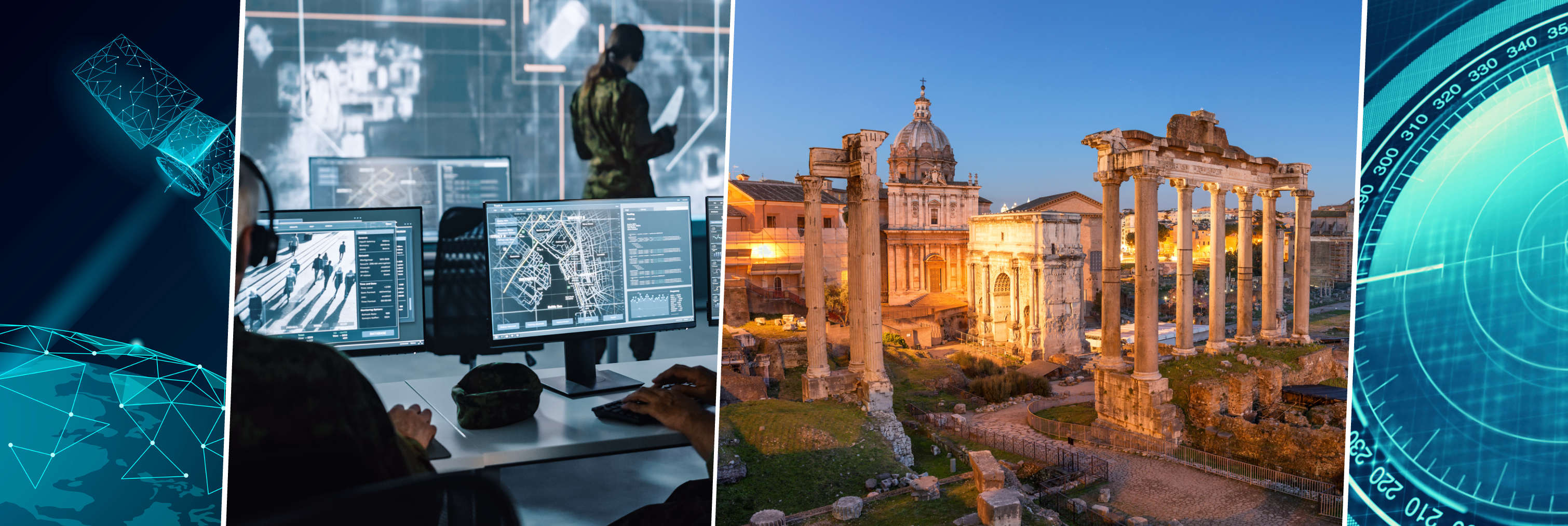



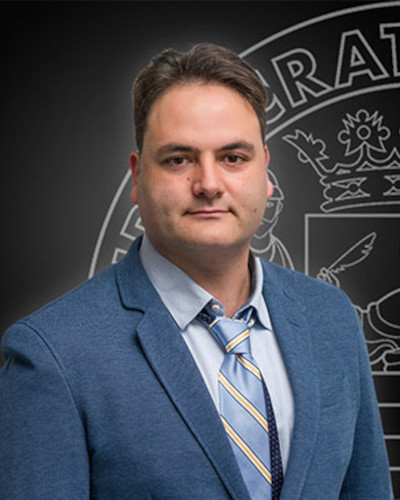


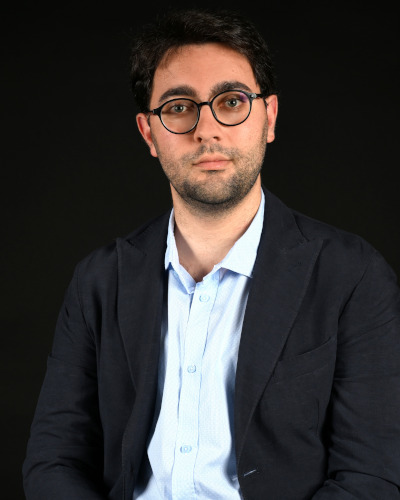

.jpg)


